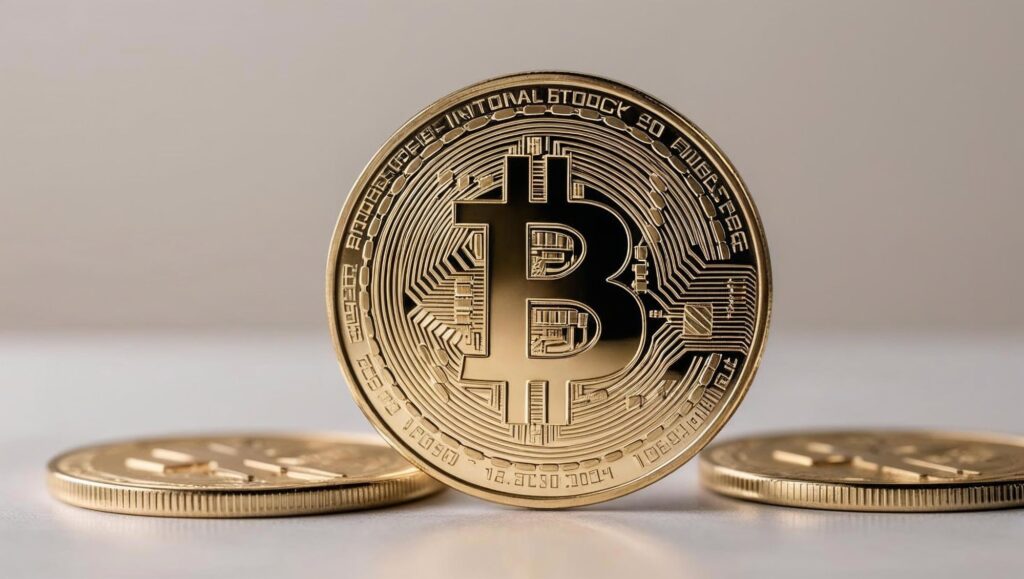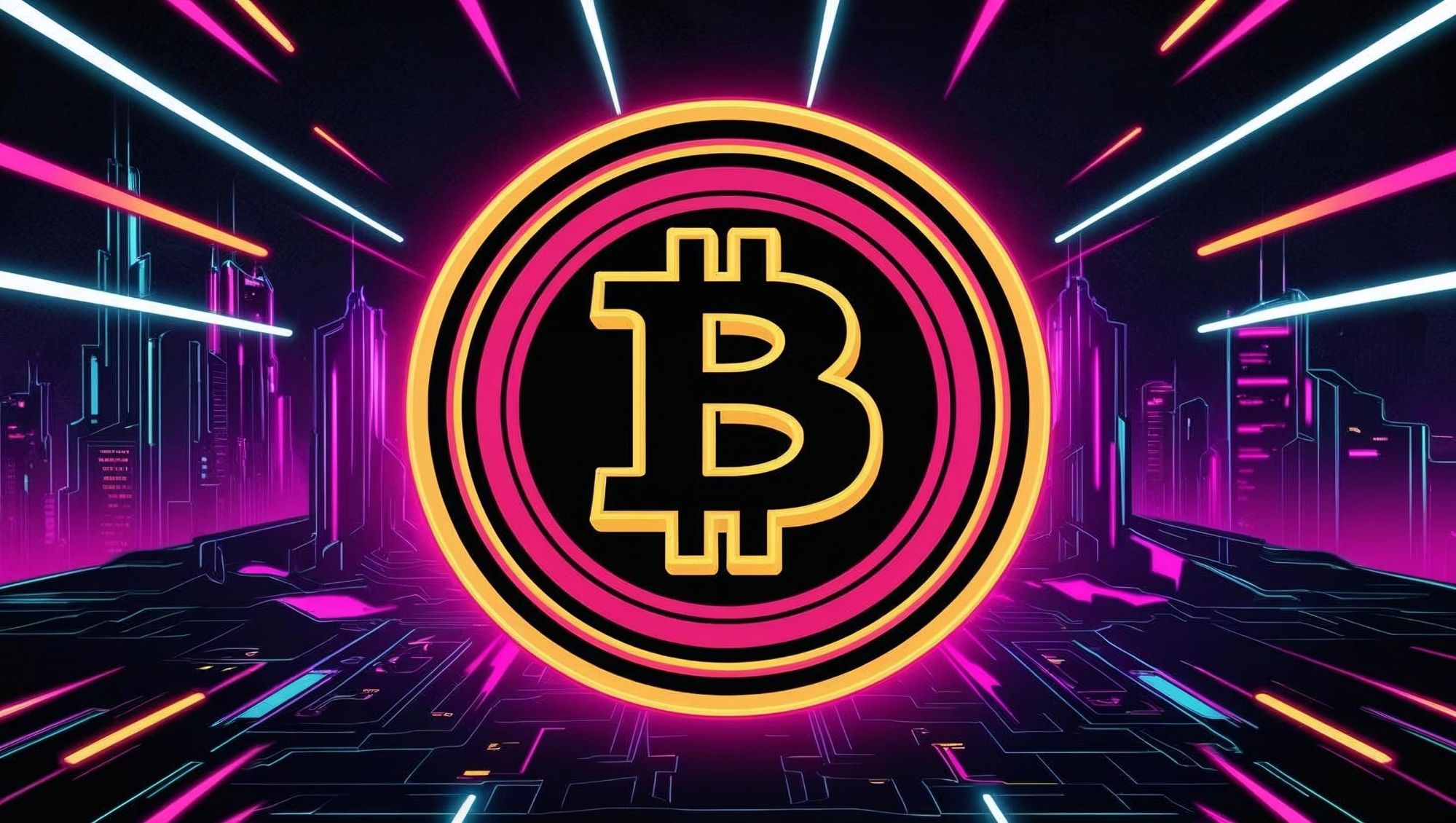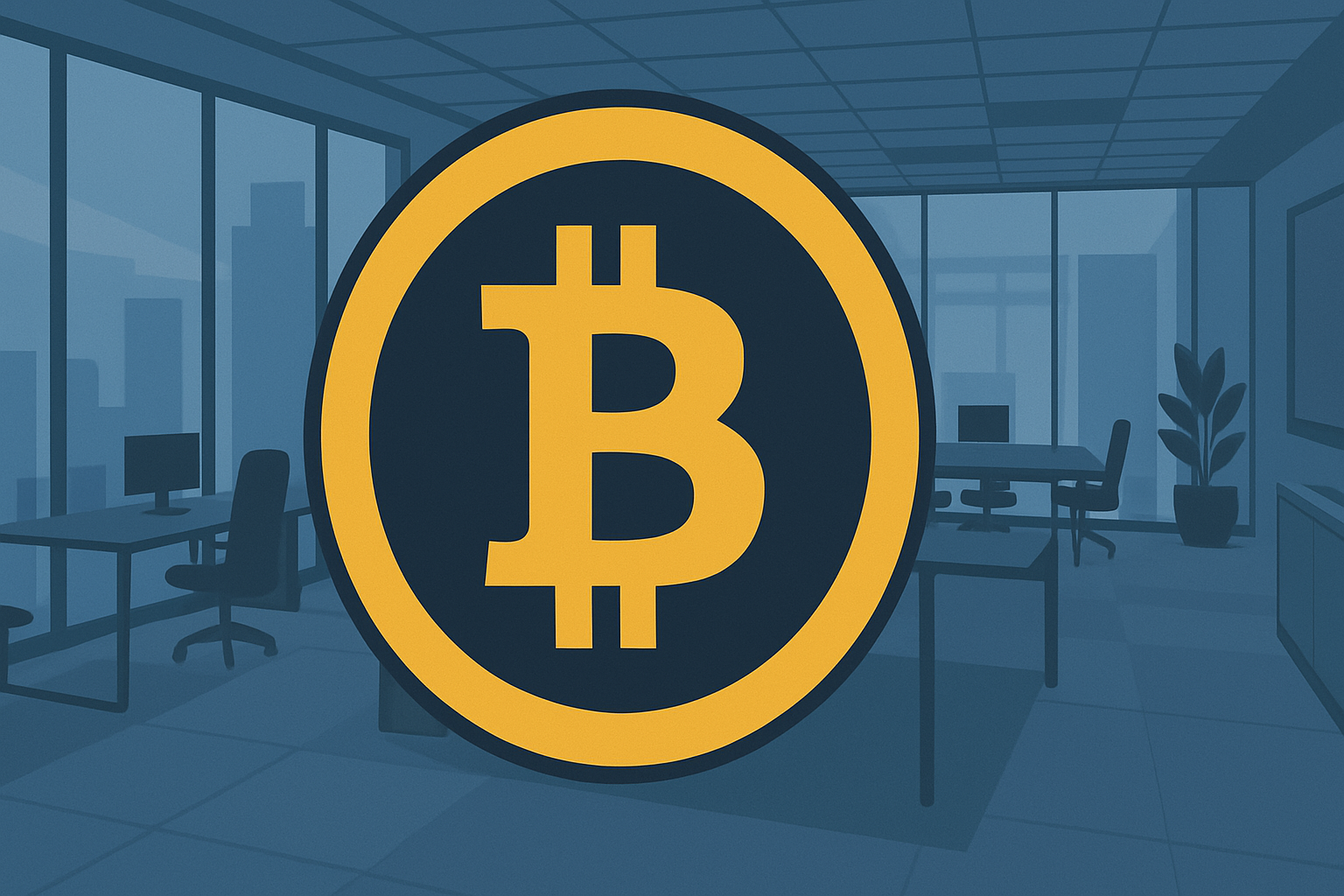
Russia’s largest bank launched structured bonds tied to Bitcoin’s price and plans to introduce cash-settled Bitcoin futures Tuesday, marking a significant expansion of regulated cryptocurrency exposure for qualified investors following a recent policy shift by the Bank of Russia.
Sberbank introduced the structured bonds through over-the-counter sales to qualified investors in late May. The bonds track Bitcoin’s price in U.S. dollars and the dollar-to-ruble exchange rate, allowing investors to gain exposure to Bitcoin‘s volatility without owning the cryptocurrency directly. All transactions are settled in rubles within Russia’s legal framework.
The bank announced plans to list similar bonds on the Moscow Exchange to broaden access for eligible investors.
“Sberbank’s structured bonds offer a compliant way for qualified investors to engage with Bitcoin’s price movements,” a bank spokesperson said.
Sberbank will launch Bitcoin futures Tuesday through its SberInvestments platform, coinciding with the Moscow Exchange’s debut of a similar futures contract. The cash-settled futures allow investors to speculate on Bitcoin’s price without handling the asset, adhering to the Bank of Russia’s requirement that crypto-linked instruments be “non-deliverable.”
Alexander Vedyakhin, Sberbank’s first deputy chairman, called the launch “a milestone for Russia’s financial markets, balancing innovation with regulatory standards.”
The Bank of Russia, which banned cryptocurrencies as legal tender in 2021, softened its stance May 28, allowing financial institutions to offer crypto-linked derivatives and securities to qualified investors — those with significant assets or income.
“Financial institutions must ensure full capital coverage and set exposure limits,” the central bank said, emphasizing a conservative approach to mitigate volatility risks.
Sberbank’s assets are valued at approximately $626 billion. The bank’s crypto initiatives build on its 2022 license to issue digital financial assets and a 2023 Ethereum-based blockchain platform for smart contracts. It also participates in the Bank of Russia’s digital ruble pilot, scheduled to begin client operations this year.
Other Russian institutions are developing similar products. The Moscow Exchange will list Bitcoin futures tied to BlackRock’s iShares Bitcoin Trust ETF, while VTB and Alfa-Bank are developing crypto-linked products. The St. Petersburg Exchange is testing futures contracts, and broker Finam plans derivatives for Bitcoin, Ethereum and Solana.
Russia’s push for regulated crypto products coincides with efforts to navigate Western sanctions that have restricted global financial access since 2022. Reuters reported that Russian oil companies have used Bitcoin and stablecoins like Tether for trades with China and India. The Bank of Russia is exploring a crypto exchange for “super-qualified investors,” according to Finance Minister Anton Siluanov.
Access remains limited to qualified investors, excluding retail participation due to regulatory restrictions.
















 Join our Telegram Channel
Join our Telegram Channel